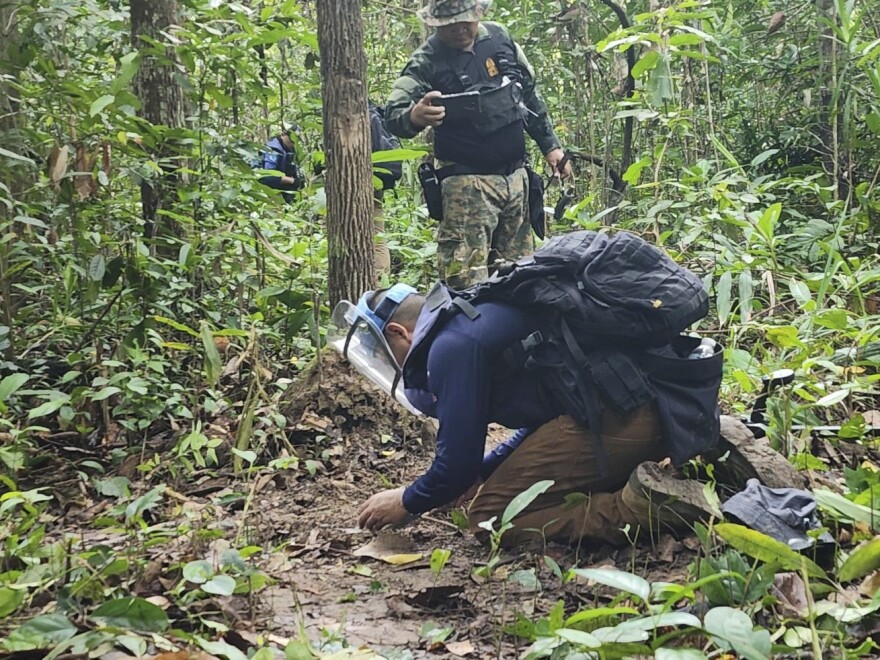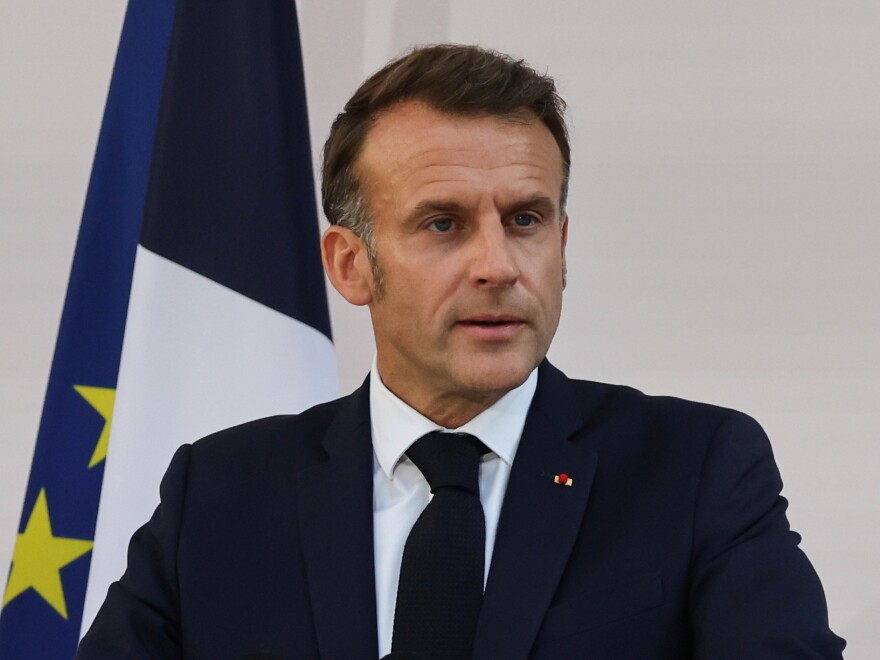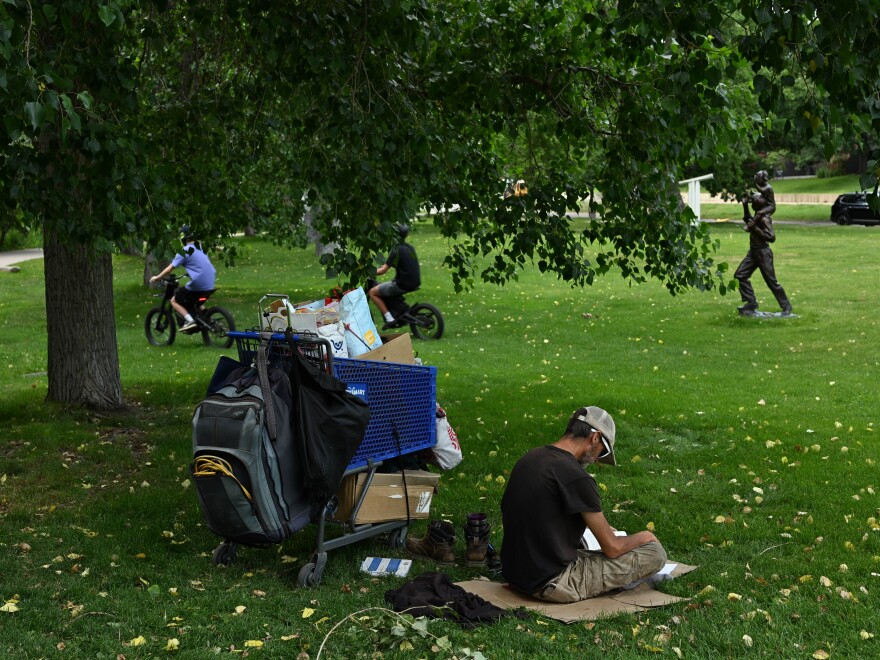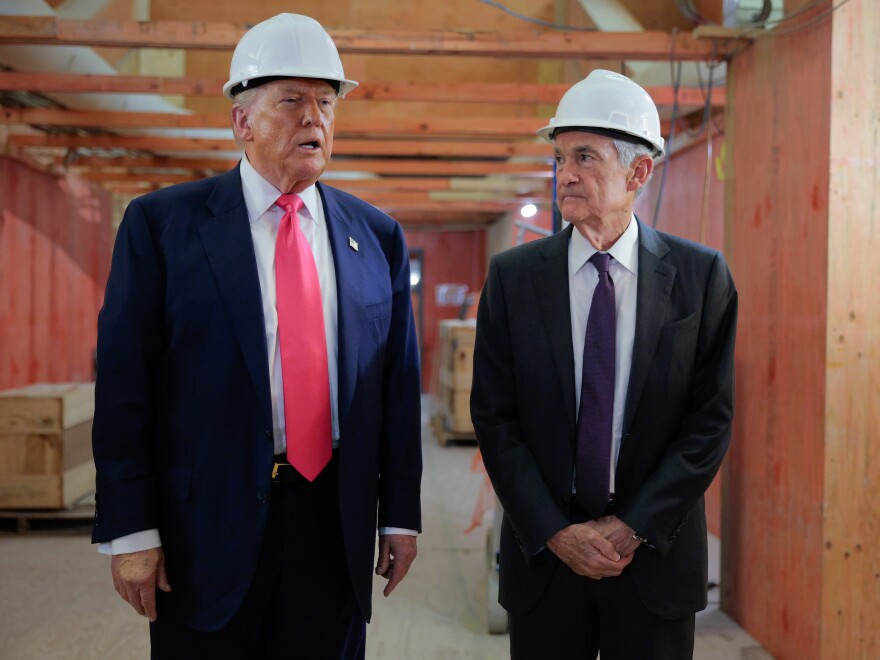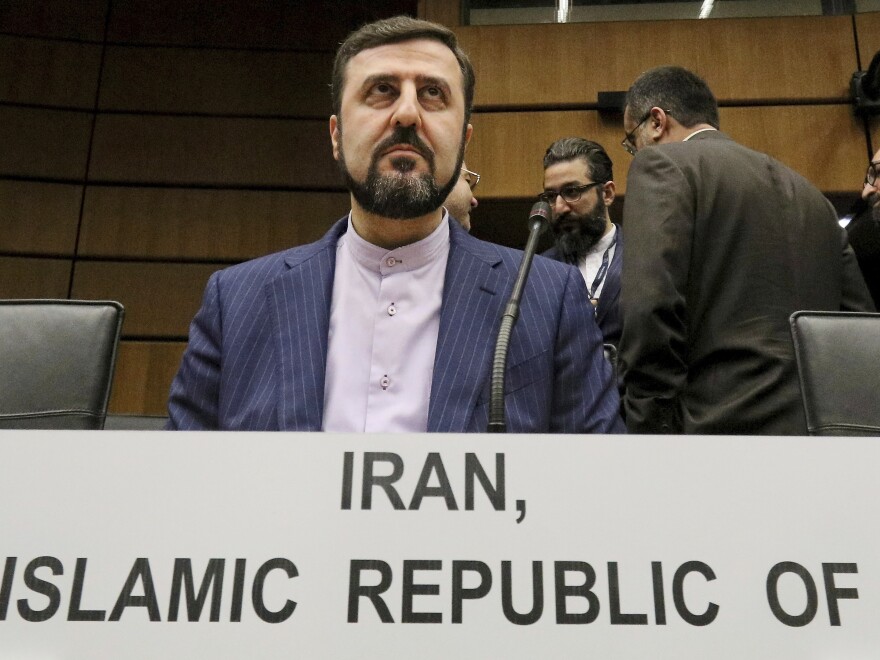Bangkok At least nine civilians were murdered Thursday in a dramatic escalation of the confrontation between Thailand and Cambodia that involved gunfire on their shared border.
Since Wednesday, both countries have degraded their diplomatic ties and accused one another of inciting the armed conflicts. All land border crossings with Cambodia were likewise closed by Thailand. Since an armed conflict in May that resulted in the death of a Cambodian soldier, relations between the neighbors in Southeast Asia have drastically deteriorated. The issue has been further exacerbated by nationalist fervor on both sides.
According to the Thai army, the most fatalities were in the province of Si Sa Ket, where a gas station was shot at, killing six persons. Three border provinces reported at least 14 injuries.
The Cambodian Defense Ministry reported that Thai jets dropped bombs on a road close to the historic Preah Vihear temple, while the Thai army claimed to have launched airstrikes on ground military targets in Cambodia on Thursday.
Both governments say they have to respond to the other’s actions
According to Thai Defense Ministry spokesperson Surasant Kongsiri, fighting is still going on in at least six locations along the border. The first conflict occurred Thursday morning at the historic Ta Muen Thom temple, which is located on the border between the provinces of Surin, Thailand, and Oddar Meanchey, Cambodia.
As explosions rang Thursday morning, families were seen fleeing their homes and cowering in a concrete bunker in a livestream video from Thailand.
Cambodia has attacked military and non-military locations in Thailand, including a hospital, according to Thailand’s Ministry of Foreign Affairs.
The Royal Thai Government demands that Cambodia accept responsibility for the events that have transpired, stop attacking both military and civilian targets, and put an end to any activities that infringe upon Thailand’s sovereignty. According to the ministry’s spokesperson, Nikorndej Balankura, “If Cambodia continues its armed attack and violations of Thailand’s sovereignty in accordance with international law and principles, the Royal Thai Government is prepared to intensify our self-defense measures.”
Hun Manet, the prime minister of Cambodia, stated that although his nation has traditionally advocated for peaceful problem-solving, “we have no choice but to respond with armed force against armed aggression.”
Ambassadors are withdrawn and borders closed
Cambodia announced earlier Thursday that it was recalling all of its Cambodian employees from its embassy in Bangkok and lowering diplomatic ties with Thailand to its lowest level, dismissing the Thai ambassador. In retaliation for a land mine explosion that injured five Thai soldiers, Thailand withdrew its ambassador and expelled the ambassador of Cambodia on Wednesday.
Regarding Thursday’s initial encounter, the Thai army reported that its personnel saw six armed Cambodian soldiers approaching Thailand’s station after hearing an unmanned aerial vehicle. According to the report, the Cambodian side opened fire after Thai soldiers attempted to calm the situation by yelling at them.
Thailand used a drone before firing, according to Cambodia’s Defense Ministry, and Cambodia “acted strictly within the bounds of self-defense, responding to an unprovoked incursion by Thai troops that violated our territorial integrity.”
There were skirmishes at multiple border sites that could escalate further, according to a Facebook post from the Thai embassy in Phnom Penh. It recommended people not to travel to Cambodia unless absolutely necessary and asked Thai nationals living there to depart if at all possible.
Five Thai soldiers were injured, including one who lost a leg, in a land mine explosion close to the border on Wednesday. In another disputed region, a week prior, a land mine exploded, wounding three Thai soldiers after one of them walked on it and lost a foot.
According to Thai authorities, the mines were recently installed along lines that were mutually agreed to be secure. They said that rather than being of the kind used by Thailand’s military, the mines were manufactured in Russia. Thailand’s story was dismissed by Cambodia as “baseless accusations,” citing the fact that numerous abandoned mines and other ordnance are remnants of the conflicts and instability of the 20th century.
Political repercussions have also resulted from the border dispute in Thailand, where the prime minister was removed from office while the issue was being looked into for potential ethical transgressions.
Long-standing border conflicts have occasionally led to hostilities between the nations. The 1,000-year-old temple of Preah Vihear has been the scene of the most notable and bloody wars.
In a 1962 decision that significantly strained ties between the two nations, the International Court of Justice acknowledged Cambodian sovereignty over the temple region.
After multiple military conflicts that claimed the lives of roughly 20 persons, Cambodia returned to the court in 2011. In 2013, the court upheld the verdict, which continued to tremble Thailand.
Copyright 2025 NPR
